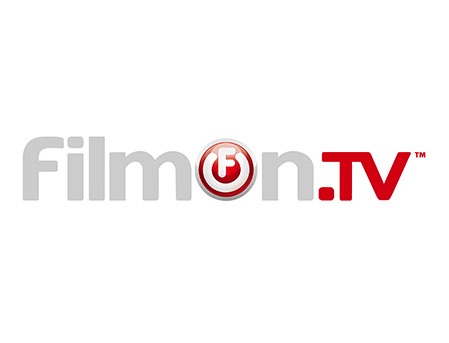FilmOn Gets Backing in Broadcast Suit

The smarter way to stay on top of broadcasting and cable industry. Sign up below
You are now subscribed
Your newsletter sign-up was successful
FilmOn—a familiar and free video streaming thorn in broadcasters’ side—is trying to get access to content in a way broadcasters say threatens their business model. The video-on-demand company does, however, have its share of allies in the public interest community.
Public Knowledge and the Electronic Frontier Foundation last week told a federal appeals court that FilmOn qualifies for a compulsory license allowing it to carry broadcast programming without negotiating individual deals for content.
The pair filed an amicus brief in a challenge by broadcasters to a California district court ruling last year that FilmOn was entitled to a statutory license under the Copyright Act. Fox and other broadcasters have challenged the ruling in the Ninth Circuit Court of Appeals. The Consumer Federation of America (CFA) has also supported the video streamer.
Last month, FilmOn told the appeals court the lower court got it right and dubbed broadcasters Luddites for trying to stand in the way of progress. Public Knowledge and EFF agreed, telling the court that just as pay-TV services that offer linear programing should be treated the same as cable providers by the FCC, copyright laws should not discriminate against over-the-top providers.
But since the FCC has not redefined OTTs as cable operators subject to retransmission consent and must-carry, giving them the compulsory license would allow OTTs to pay below-market rates for content while not having to negotiate to carry the TV station signal delivering it.
The CFA last week called Film-On an “internet-based cable operator” and said it and others like it are “the best hope for competition” to multichannel video programming distributors and “qualify for the same compulsory license that wire-line cable operators have used for four decades.”
The baseline issue is whether online video distributors are effectively MVPDs eligible for the statutory license that allows them to avoid negotiating for individual network broadcast content. That issue is unsettled, with the Copyright Office saying they aren’t eligible but noting that could change depending on what the courts and the FCC decide.
The smarter way to stay on top of broadcasting and cable industry. Sign up below
A compulsory license would allow FilmOn to deliver TV station programming from the major networks at a below-market rate and without having to negotiate for it individually through retrans deals.
This, of course, all continues to boil down to FCC definitions. The commission is mulling tabbing some OTT distributors as MVPDs. Chairman Tom Wheeler points to the need to prevent “old rules” from hampering online video competitors. But the FCC has yet to vote on any reclassification proposal, and Wheeler has not signaled any action is forthcoming.
The National Association of Broadcasters took aim at FilmOn and the district court’s decision in a February filing with the federal appeals court.
“Granting an entity like FilmOn a compulsory license to broadcast content could have a devastating impact on local broadcasting,” the association said, asking the Ninth Circuit to reverse the lower court’s verdict.
CHECK THE LABEL
Cable operators and wireless Internet Service Providers can start using new broadband transparency forms whenever they like, the FCC said last week in unveiling the “nutrition label”-like customer point-of-purchase notifications.
The labels don’t become official until the Government Accountability Office signs off on them, but they are a voluntary mechanism to comply with enhanced transparency rules on the books via the FCC’s Open Internet order, so using them means operators are in compliance.
FCC chairman Tom Wheeler last week billed the disclosures as necessary info for consumers, though ISPs suggested they are an added instrument in the tool kit already being used to let subscribers know about their service.
The labels, which are meant to go on ISP websites or be available on tablets or other devices in a storefront, were created with the help of the Consumer Financial Protection Bureau. The bureau’s director said last week that the CFPB had suggested internet service labels five years ago, but nothing had come of it.
The form has more than a half-dozen links, including a contact link to the FCC, a link to file a complaint with the commission and links to privacy policies, details on network management and pricing policies. There is also info on the label about everything from early termination and activation fees to speed and performance, data limits, modem lease fees and additional network services.
Contributing editor John Eggerton has been an editor and/or writer on media regulation, legislation and policy for over four decades, including covering the FCC, FTC, Congress, the major media trade associations, and the federal courts. In addition to Multichannel News and Broadcasting + Cable, his work has appeared in Radio World, TV Technology, TV Fax, This Week in Consumer Electronics, Variety and the Encyclopedia Britannica.

